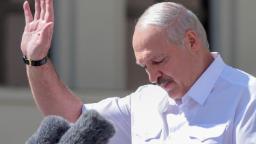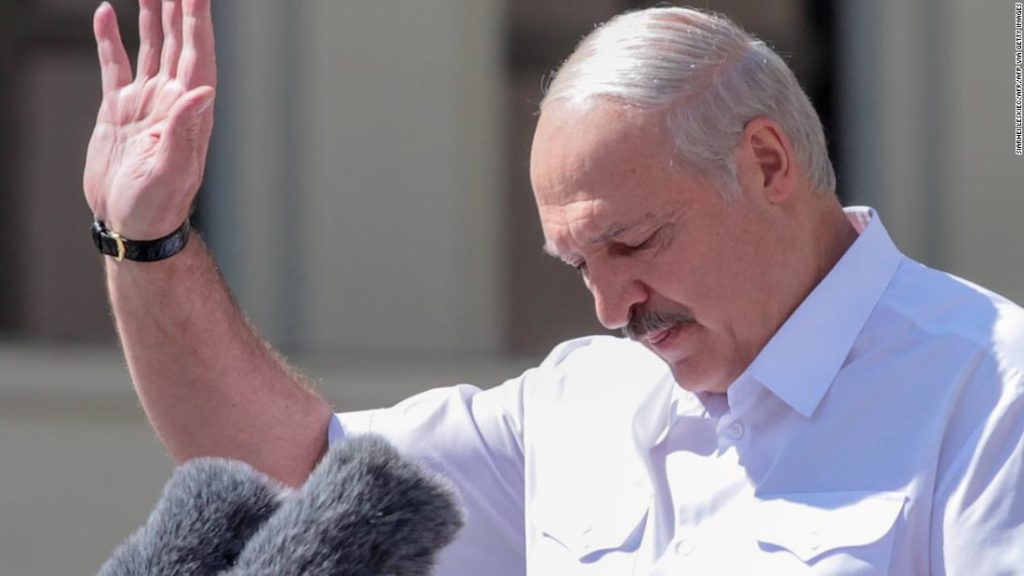
Fisher told lawmakers on the Senate Foreign Relations Committee Wednesday that “as announced by the White House on May 28, additional sanctions are coming and they are coming soon.”
Fisher declined to offer specific names of those who might be targeted by the sanctions, but said she does think “there is an opportunity to apply Magnitsky sanctions,” which are aimed at those involved in significant human rights or corruption.
“We’ve been very closely looking at exactly which authorities we can apply to a variety of individuals,” she said. She also said the Biden administration was “focused on a new executive order on the earliest possible timeline.”
“You’re exactly right. 2006 was a long time ago,” she said in response to committee chairman Sen. Bob Menendez, who referenced the executive order on Belarus issued by then-President George W. Bush.
“It was a very different world, and there is room for us to do an awful lot with a new executive order. That is an effort that is underway,” Fisher said. “Our goal remains that we are at, we’re focused on promoting accountability for those individuals and entities who are responsible for, or are complicit in the regime’s of violent repression of civil society and for those human rights abuses. So we will continue to bring new authorities and new tools of pressure to bear.”
The announcement of forthcoming sanctions comes ahead of President Joe Biden’s meeting with Russian President Vladimir Putin, to whom Lukashenko is closely linked.
The US Ambassador told lawmakers that “Moscow has in every way taken advantage of Belarus’ vulnerabilities as they have endured this dictatorship of Alexander Lukashenko and they will continue to do so.”
“They will continue to use Belarus for their own purposes, which leaves the people of Belarus with very little voice, very little agency of their own future,” she said. Fisher also suggested that Lukashenko has no say over Russia’s military moves in the former Soviet state.
“It is Lukashenko, his willingness to increase dependency on Russia in every possible sphere, that has brought him to the point of being in no position, really, to barely have a say in what it is Russia would decide to do militarily,” Fisher said.
It is unclear whether Biden intends to discuss Belarus with Putin when the two meet in Geneva next week. Belarusian opposition leader Sviatlana Tsikhanouskaya called on Biden “to pass full, clear messages to the Kremlin that the situation in Belarus is not about geopolitics. It’s our fight against regime inside the country.”
“The second message is that to get out of this political and humanitarian crisis, we have to help new friends, elections, this year. And the third message is that Russia has to stop support regime of Lukashenko, because supporting the regime of Kremlin is supporting violence and torture in Belarus. And the fourth one and the last is that independence and serenity of Belarus is not for trade,” she told CNN’s Bianna Golodryga on Amanpour Wednesday.
CNN’s Maia Noah, Emmet Lyons and Arnaud Siad contributed to this report.
You may also like
-
Afghanistan: Civilian casualties hit record high amid US withdrawal, UN says
-
How Taiwan is trying to defend against a cyber ‘World War III’
-
Pandemic travel news this week: Quarantine escapes and airplane disguises
-
Why would anyone trust Brexit Britain again?
-
Black fungus: A second crisis is killing survivors of India’s worst Covid wave

